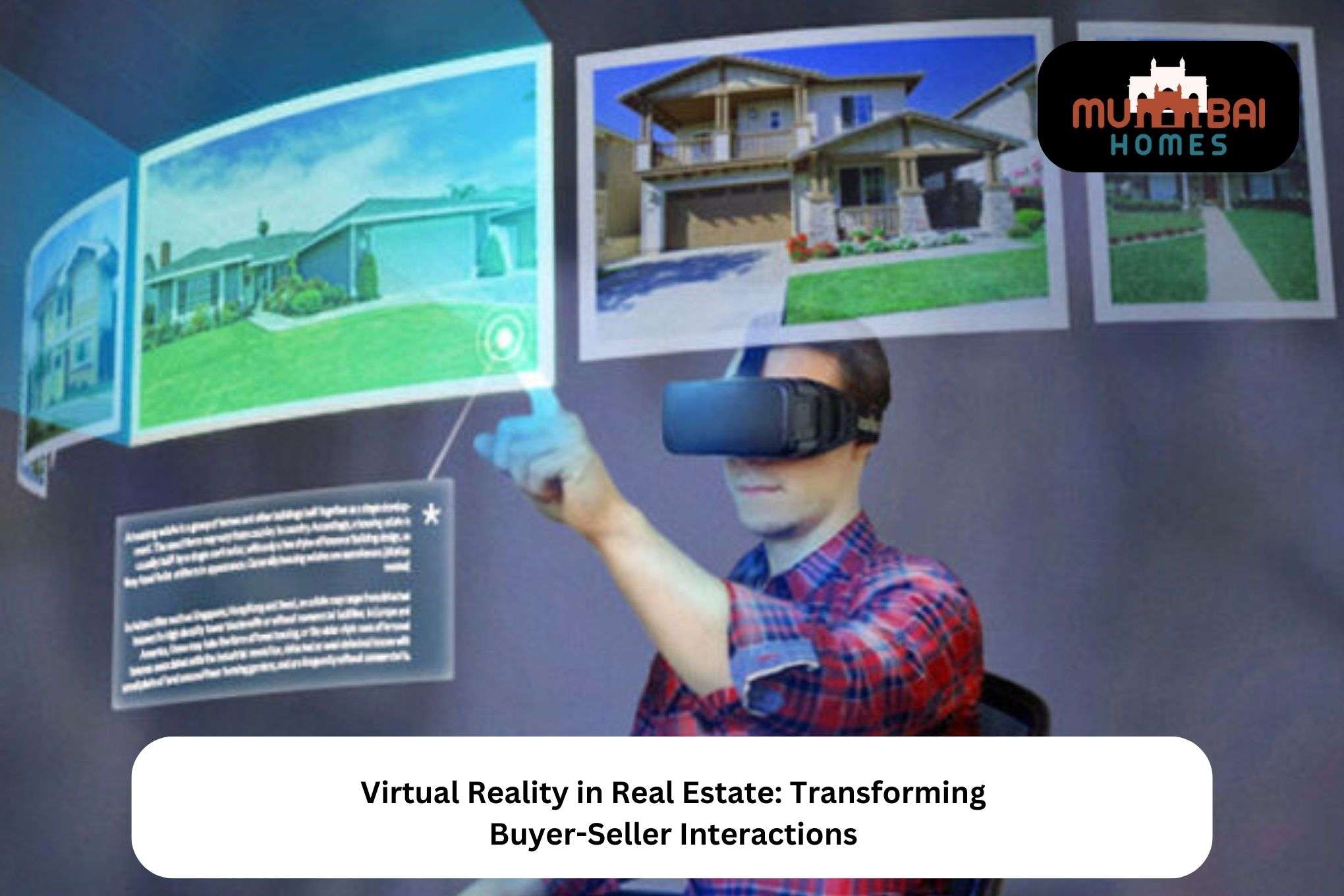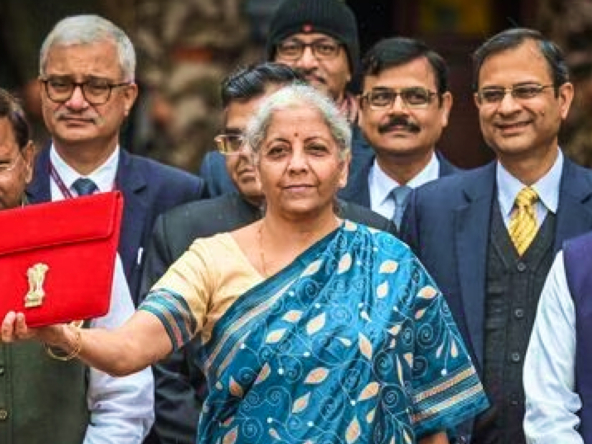Virtual Reality: Redefining Buyer and Seller Interactions in Real Estate
Virtual reality is causing an immersive revolution in the real estate industry. As virtual reality provides each user with a distinctive and engaging experience, the lines between buyers and sellers are becoming increasingly hazy. Nowadays, viewing a property is more than just a formality; it’s a thrilling trip that you may take from your own home. Without leaving their offices, real estate brokers may travel the world to close deals because to the improved visualisation. By redefining the rules of the game and uniting buyers and sellers in an infinite universe of potential, RV brings magic to the real estate industry.
Transforming Property Viewing with VIRTUAL REALITY
- Virtual Property Tours
Virtual Tours revolutionize real estate exploration by taking you to a virtual world where you can discover properties like never before. You can now walk in every room, feel the atmosphere of the house and even admire the landscape from the balcony, all from the comfort of home.
- Immersive Exploration:
Dive into your future virtual home and allow an immersive experience unlike any other to engulf you. With virtual reality, you can place oneself in outer space and visualise residing wherever on the building. Without leaving your couch, visit several homes in one day to feel the thrill of discovery. The way we buy and sell houses is changing in this new era of visualisation.
The Impact on Buyer-Seller Relations
- From Face-to-Face to Distance Selling:
New strategies for fostering trust and facilitating decision-making have become important as a result of distance selling. Virtual reality and live guided tours are two tools that let customers virtually experience a store in real estate. The ability to make engaging presentations that highlight the benefits of the property, even on a screen, is another talent that sellers must develop.
- Increase Engagement and Emotional Connection
Real estate Increasing buyer interaction and forging an emotional bond with the property are crucial in a virtual setting. Vendors can highlight key features using interactive tools like real-time annotations. Customers’ sense of ownership can be strengthened via immersive films and tailored comments, piquing their curiosity, and creating an emotional bond with the property being offered.
Advantages of VIRTUAL REALITY in Real estate
- Time and Money Savings for Buyers and Sellers
The requirement for buyers and sellers to make additional in-person trips is considerably diminished by virtual reality in real estate. By doing this, you can avoid spending money on planning and developing properties as well as the time and money required for trip. A wider audience can be reached by sellers since there are no longer any traditional geographic restrictions, and buyers can view many homes in one virtual place.
- Extended Market Reach and Increased Accessibility
Properties are now 24/7 accessible to a global audience thanks to virtual reality. Distance and time constraints are no longer obstacles for prospective purchasers as they can now research houses online. This makes purchasing secondary properties or assets remotely easier and creates new options for foreign investors.
- Making Informed Decisions:
In the field of real estate development, virtual reality allows designers, developers and investors to visualize projects even before they are built. This facilitates decision making by providing an immersive perspective of future spaces. Modifications and adjustments can be made virtually before the physical construction phase, reducing costly errors and optimizing property design.
Challenges and Considerations
- Initial Costs and Technical Implementation
The hefty upfront expenditures are one of the main obstacles to implementing virtual reality in real estate. Investment in specialised hardware and software is necessary to produce lifelike 3D models and engaging virtual tours. It’s crucial to strike a balance between quality and price if you want technology to be cost-effective. Additionally, technical implementation can be challenging and calls for skilled employees, technical expertise, and proactive problem-solving.
- Ensure User-friendly Experiences and Optimal Compatibility
The success of virtual reality in real estate depends heavily on the user experience. User-friendly, intuitive, and interactive virtual tours are essential. To reach a large audience, optimum compatibility with many platforms and devices is also crucial. This entails optimising virtual visits for seamless and error-free operation as well as taking into account the various hardware and software settings of users.
The Future of Real estate:
- Emerging Virtual Reality Technologies and Innovations
Real estate’s future is inextricably related to the ongoing development of virtual reality. The user experience is still being shaped by emerging technologies like augmented reality, mixed reality, and sophisticated 3D visualisation. Finer details, more immersive interactions, and sophisticated features will make virtual tours even more lifelike, opening the door for novel ways to display and explore properties.
- The Role of Virtual Reality in Sustainable and Ecological Real estate
In order to promote environmentally friendly and sustainable real estate, virtual reality is becoming more and more important. Before construction, real estate developments can be modelled and examined in VIRTUAL REALITY to determine their environmental impact. Buyers will be able to look at homes with environmentally friendly features including solar energy, rainwater collection, and green architecture. In the real estate industry, RV will advance environmental consciousness and sustainable development.
Conclusion
Virtual reality, a rapidly developing technology that is revolutionising the way we explore, purchase, and create properties, is inextricably related to the future of real estate. With virtual tours, shoppers may see themselves in their future house without ever leaving their current one, adding a new layer to immersive discovery. The advantages of virtual reality, including time and money savings, market expansion, and an increasing role in sustainable real estate, present the real estate sector with exciting new potential. Real estate opens a promising and innovative future through virtual reality by embracing new trends and incorporating inventive innovations.




